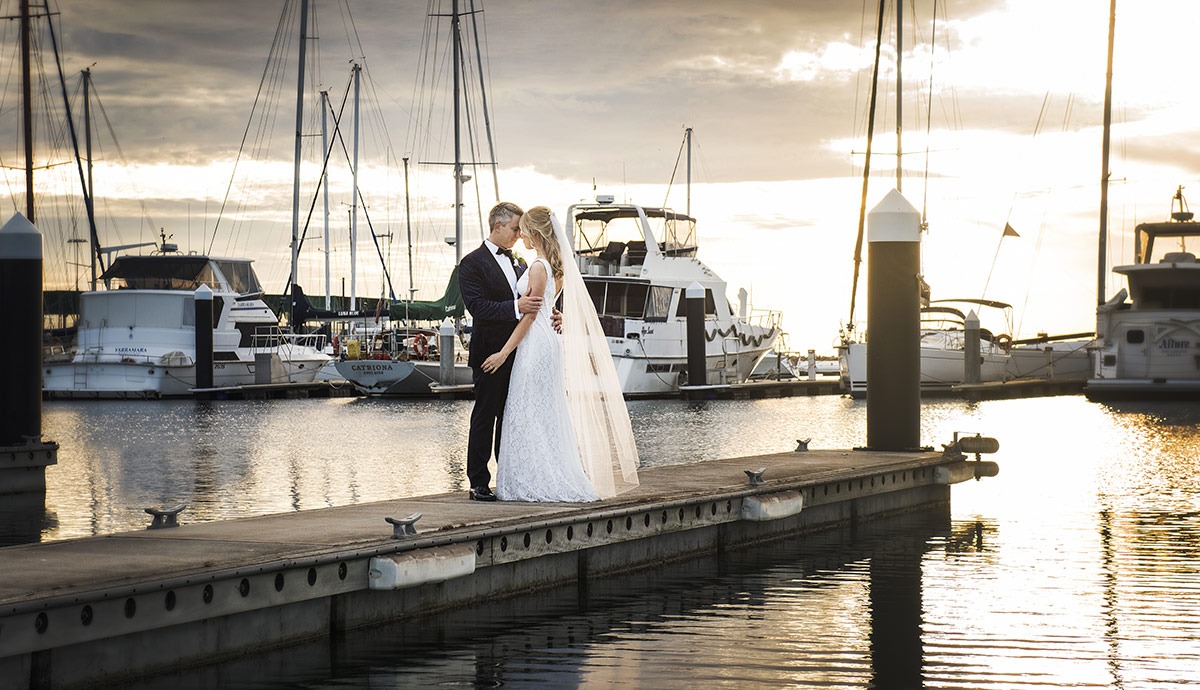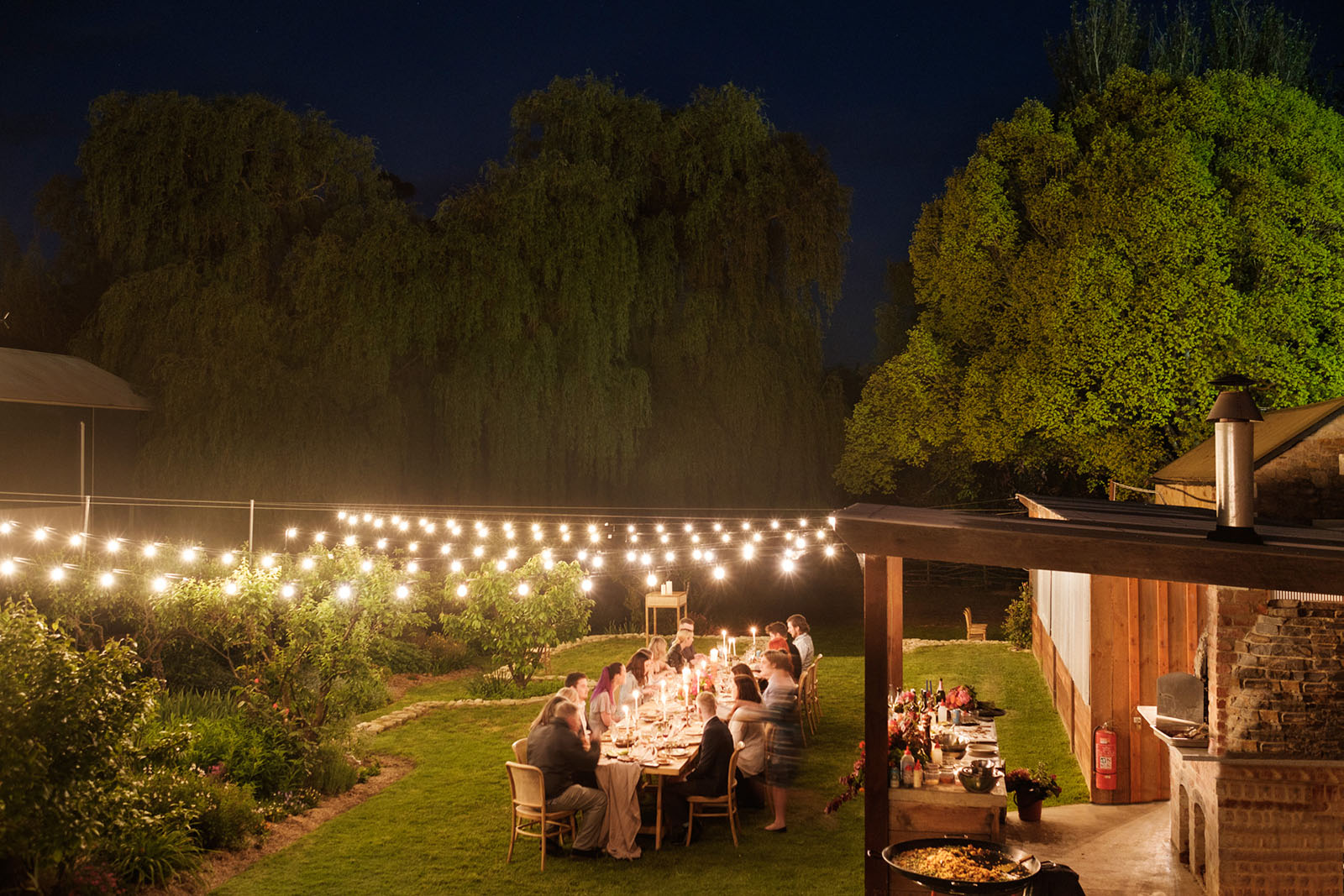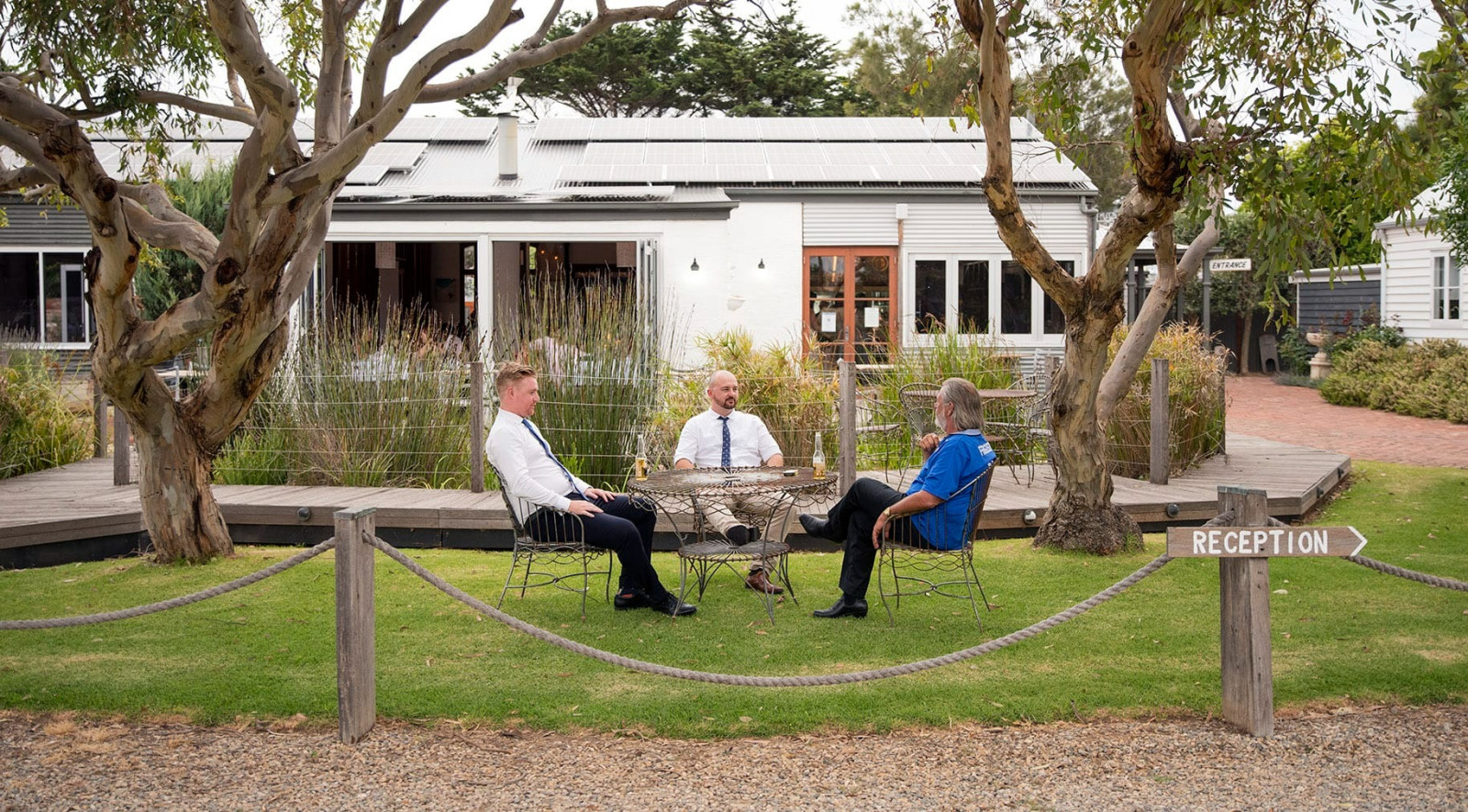
Understanding the Importance of Liquor Licensing for Businesses in South Australia
Liquor licensing laws play a crucial role in regulating the sale and consumption of alcohol in South Australia. These laws are in place to ensure public safety, prevent alcohol-related harm, and maintain order in licensed venues. As a business owner in the hospitality industry, it is essential to understand and comply with these laws to avoid legal consequences and protect your business reputation.
The purpose of this blog post is to provide business owners in South Australia with a comprehensive overview of liquor licensing laws, their legal obligations, and practical strategies for compliance. By understanding and adhering to these laws, you can create a safe and enjoyable environment for your patrons while minimizing the risk of legal issues.
Legal Obligations of Venue Liquor License Holders in South Australia: An Overview
In South Australia, there are several types of liquor licenses that businesses can obtain, depending on the nature of their operations. These include general licenses, on-premises licenses, off-premises licenses, and special circumstances licenses. Each license type comes with its own set of legal obligations and restrictions.
Regardless of the license type, all liquor license holders in South Australia have a legal obligation to ensure the responsible service and consumption of alcohol on their premises. This includes monitoring the behavior of patrons, preventing underage drinking, and refusing service to intoxicated individuals. License holders are also required to maintain a safe and secure environment, comply with noise and nuisance regulations, and cooperate with authorities when necessary.
Failure to comply with these legal obligations can result in severe penalties, including fines, suspension or cancellation of the liquor license, and even criminal charges. It is crucial for business owners to familiarize themselves with the specific requirements of their license type and take proactive measures to ensure compliance.

Ensuring Compliance with Liquor Licensing Laws: Tips for Business Owners
Complying with liquor licensing laws can be a complex task, but there are several strategies that business owners can implement to ensure compliance and minimize the risk of legal issues.
First and foremost, conducting regular staff training is essential. All employees who handle alcohol should receive comprehensive training on responsible service of alcohol (RSA) and the legal obligations of the venue. This training should cover topics such as identifying intoxicated patrons, refusing service when necessary, and preventing underage drinking. By equipping your staff with the knowledge and skills to handle alcohol-related situations, you can create a safer environment for both your patrons and your business.
Keeping accurate records is another crucial aspect of compliance. License holders are required to maintain records of alcohol sales, including the date, time, and quantity of alcohol sold. These records should be kept for a specified period, as required by law, and made available for inspection by authorities if requested. By keeping accurate records, you can demonstrate your commitment to compliance and provide evidence of responsible alcohol service.
Maintaining a safe and secure environment is also a legal obligation for liquor license holders. This includes implementing security measures such as CCTV cameras, security personnel, and ID scanners. Regularly monitoring and managing crowd behavior is essential to prevent incidents and maintain order in your venue. Additionally, providing safe transportation options, such as shuttle services or partnering with local taxi companies, can help prevent drink driving and ensure the safety of your patrons.
Finally, cooperating with authorities is crucial for compliance. License holders should maintain open lines of communication with local authorities, such as the police and liquor licensing authorities. This includes reporting incidents, cooperating with investigations, and implementing any recommendations or requirements provided by authorities. By demonstrating a willingness to work with authorities, you can build a positive relationship and minimize the risk of legal issues.
Serving Alcohol Responsibly: Key Requirements for Liquor License Holders
Responsible service of alcohol (RSA) is a fundamental requirement for all liquor license holders in South Australia. The goal of RSA is to prevent alcohol-related harm and ensure the safety and well-being of patrons. License holders have a legal obligation to implement strategies and practices that promote responsible alcohol service.
One of the key requirements of RSA is monitoring alcohol consumption. License holders and their staff should be vigilant in observing the behavior of patrons and identifying signs of intoxication. This includes monitoring the number of drinks consumed, the pace of consumption, and any visible signs of impairment. If a patron is showing signs of intoxication, it is the responsibility of the license holder to refuse service and take appropriate action to ensure their safety.
Refusing service to intoxicated patrons is another crucial aspect of RSA. License holders have a legal obligation to refuse service to individuals who are already intoxicated or showing signs of intoxication. This includes not only refusing to serve alcohol but also providing alternative non-alcoholic beverages and ensuring the patron’s safe departure from the premises. By refusing service to intoxicated individuals, license holders can prevent alcohol-related incidents and protect the well-being of their patrons.
In addition to responsible service, license holders are also required to provide food and non-alcoholic beverages. This is to ensure that patrons have access to options other than alcohol and to promote responsible consumption. License holders should offer a variety of food options, including substantial meals, snacks, and non-alcoholic beverages. By providing these options, license holders can encourage patrons to consume alcohol in moderation and reduce the risk of intoxication.
Minimizing the Risk of Alcohol-Related Incidents: Best Practices for Venues
While responsible service of alcohol is crucial, there are additional measures that venues can implement to minimize the risk of alcohol-related incidents and ensure the safety of their patrons.
Implementing security measures is essential for maintaining a safe and secure environment. This includes having CCTV cameras installed throughout the premises, employing trained security personnel, and implementing ID scanners to verify the age of patrons. These measures can help deter and detect potential incidents, as well as provide evidence in case of any legal issues.
Monitoring and managing crowd behavior is another important aspect of risk management. License holders should regularly assess the behavior of patrons and take appropriate action to prevent incidents. This may include managing entry and exit points, implementing crowd control measures, and intervening in situations where there is a potential for conflict or harm. By actively managing crowd behavior, license holders can create a safe and enjoyable environment for their patrons.
Providing safe transportation options is crucial for preventing drink driving and ensuring the safety of patrons. License holders should consider partnering with local taxi companies or providing shuttle services to transport patrons safely to their destinations. By offering these options, license holders can encourage responsible behavior and reduce the risk of alcohol-related accidents.
Collaborating with local authorities is also essential for risk management. License holders should maintain open lines of communication with the police and other relevant authorities. This includes reporting incidents, seeking advice or assistance when needed, and cooperating with any investigations. By working together with authorities, license holders can address potential issues proactively and minimize the risk of legal consequences.
Managing Intoxicated Patrons: Legal Obligations and Practical Strategies
Dealing with intoxicated patrons is a challenging task for license holders and their staff. However, it is a legal obligation to ensure the safety and well-being of all patrons, including those who may be intoxicated. License holders have a duty of care to manage intoxicated patrons and take appropriate action to prevent harm.
When dealing with intoxicated patrons, license holders should be aware of their legal obligations. This includes refusing service to intoxicated individuals, providing alternative non-alcoholic beverages, and ensuring their safe departure from the premises. License holders should also be prepared to intervene in situations where there is a potential for harm or conflict, such as arguments or fights.
To effectively manage intoxicated patrons, staff training and communication are crucial. All employees should receive comprehensive training on how to identify signs of intoxication, how to refuse service, and how to handle potentially difficult situations. Regular communication and debriefing sessions can also help staff members share their experiences and learn from each other’s insights. By equipping staff with the necessary skills and knowledge, license holders can ensure the safety of their patrons and minimize the risk of incidents.
Preventing Underage Drinking: Guidelines for Liquor License Holders
Preventing underage drinking is a legal requirement for all liquor license holders in South Australia. License holders have a responsibility to ensure that alcohol is not sold or supplied to individuals who are under the legal drinking age.
To prevent underage drinking, license holders should implement strategies for verifying age. This includes requiring valid identification from patrons who appear to be under the legal drinking age. Acceptable forms of identification include driver’s licenses, passports, and proof of age cards. License holders should also train their staff on how to verify age and recognize fake or altered identification.
Staff training and communication are essential for preventing underage drinking. All employees should receive comprehensive training on the legal requirements for preventing underage drinking and how to verify age. Regular communication and reminders can help reinforce these requirements and ensure that all staff members are aware of their responsibilities.

Dealing with Noise and Nuisance Complaints: Legal Requirements and Solutions
Managing noise and nuisance complaints is a legal requirement for liquor license holders in South Australia. License holders have a responsibility to ensure that their operations do not cause excessive noise or nuisance to neighboring properties or the community.
License holders should familiarize themselves with the specific noise and nuisance regulations in their area and ensure compliance. This may include implementing measures to minimize noise, such as soundproofing, limiting operating hours, or providing noise barriers. License holders should also maintain open lines of communication with neighbors and local authorities to address any concerns or complaints promptly.
Strategies for minimizing noise and nuisance include implementing soundproofing measures, limiting operating hours, and providing noise barriers. License holders should also regularly assess their operations and make any necessary adjustments to ensure compliance with noise and nuisance regulations.
Liability and Insurance: Understanding the Risks and Protecting Your Business
Liquor license holders face various liability risks, including legal claims for personal injury, property damage, or other harm caused by intoxicated patrons. It is essential for license holders to understand these risks and take appropriate measures to protect their business.
Obtaining adequate liability insurance coverage is crucial for protecting your business. License holders should consult with an insurance professional to determine the appropriate coverage for their specific needs. This may include general liability insurance, liquor liability insurance, and workers’ compensation insurance. By obtaining adequate coverage, license holders can mitigate the financial risks associated with potential legal claims.
In addition to insurance, there are strategies that license holders can implement to minimize liability risks. This includes maintaining a safe and secure environment, implementing responsible service practices, and regularly training and communicating with staff. By taking proactive measures to prevent incidents and ensure compliance with liquor licensing laws, license holders can reduce the likelihood of legal claims and protect their business reputation.
Emphasizing the Importance of Liquor Licensing Compliance for Business Success and Public Safety
In conclusion, liquor licensing compliance is of utmost importance for businesses in South Australia. By understanding and adhering to liquor licensing laws, business owners can create a safe and enjoyable environment for their patrons while minimizing the risk of legal issues.
Throughout this blog post, we have discussed the legal obligations of liquor license holders, strategies for compliance, and practical tips for managing various aspects of liquor licensing. From responsible service of alcohol to preventing underage drinking and managing intoxicated patrons, license holders have a range of responsibilities to ensure public safety and prevent alcohol-related harm.
It is crucial for business owners to prioritize liquor licensing compliance to protect their business reputation and avoid legal consequences. By implementing the strategies and best practices outlined in this blog post, business owners can create a safe and enjoyable environment for their patrons while minimizing the risk of legal issues.

